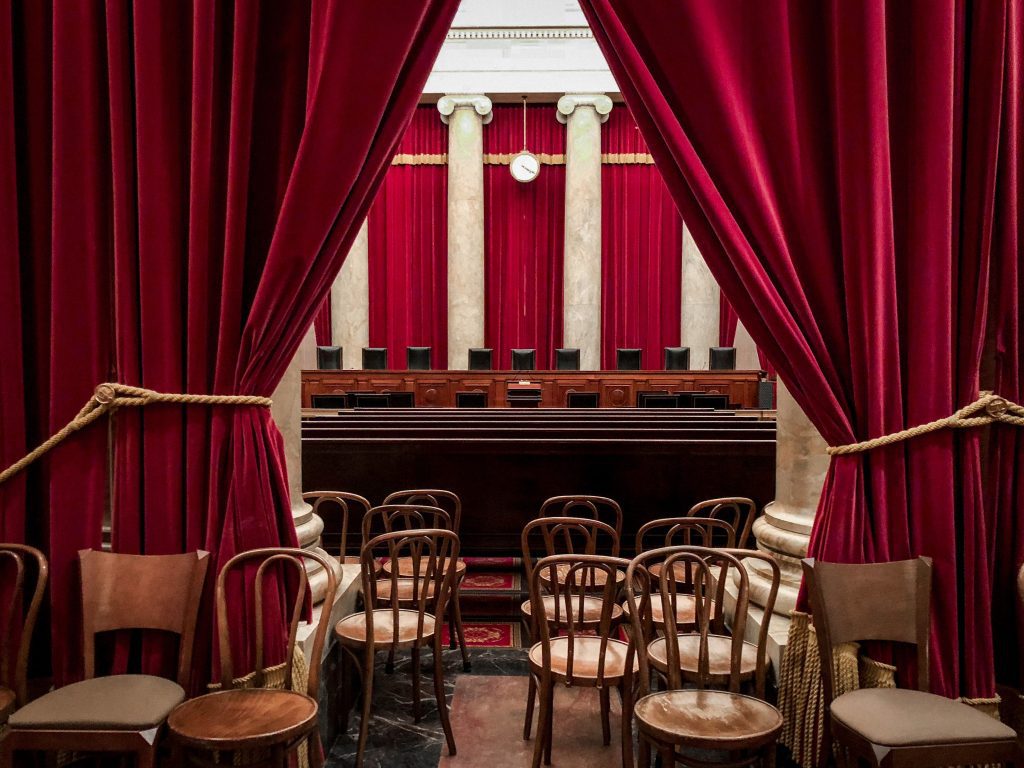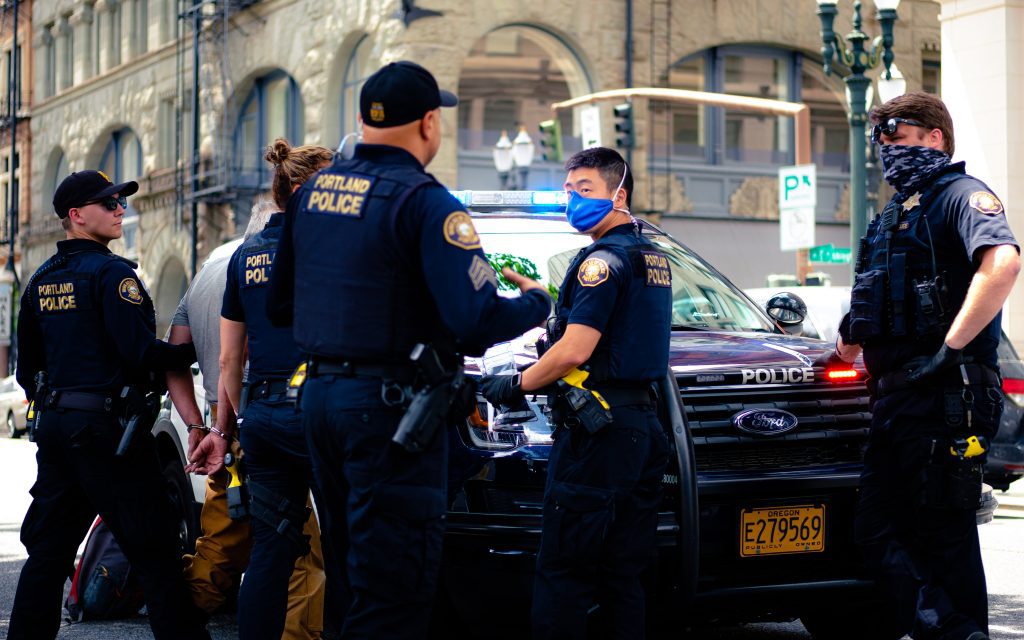The Fourth Amendment prohibits the government from conducting a “seizure” without “probable cause.” In this context, the word “seizure” includes arrests. So, if police want to arrest you, they need to have “probable cause” to believe that you committed a crime. They need “probable cause” to arrest someone, to conduct a search and to receive an arrest or search warrant.

What is probable cause for police to arrest someone?
The Fourth Amendment does not define the term “probable cause.” But courts in the United States have. In general, courts find probable cause when there is a reasonable basis to believe that a crime has been committed and that the person to be arrested committed it. Police need probable cause to arrest someone. And they also need probable cause to ask a court for an arrest warrant.
To determine whether probable cause exists, courts consider the “totality of the circumstances.” This means that courts consider everything the police knew or believed when they made the arrest. As the United States Supreme Court explained in a case called Illinois v. Gates, “probable cause is a fluid concept….” This means it depends on what happens in every case.
What happens if police don’t have probable cause?
If police don’t have probable cause, any arrest warrant issued by a court is invalid. And, as a result, any evidence obtained from that arrest won’t be allowed in court. This could include anything from physical evidence to confessions. If, for instance, you’re arrested without probable cause and police find a bloodstain on your shoe, prosecutors can’t use that evidence in court unless they had valid grounds for the arrest.
There is, however, an exception to this rule. If the police arrest you without probable cause based on a good-faith mistake, the prosecutor might still be able to use the evidence. For example, in Arizona v. Evans, the Supreme Court allowed prosecutors to use evidence obtained with an invalid warrant. This was because the police had no idea a court employee made a clerical error on the warrant.

The Takeaway:
Before police can arrest you, they must have probable cause. This means they must have a reasonable basis to believe you committed a crime. The probable-cause requirement applies to arrests and arrest warrants. The only exception applies when officers make a good-faith mistake. If police arrest you without probable cause, the prosecutor can’t use any evidence they find as a result.






